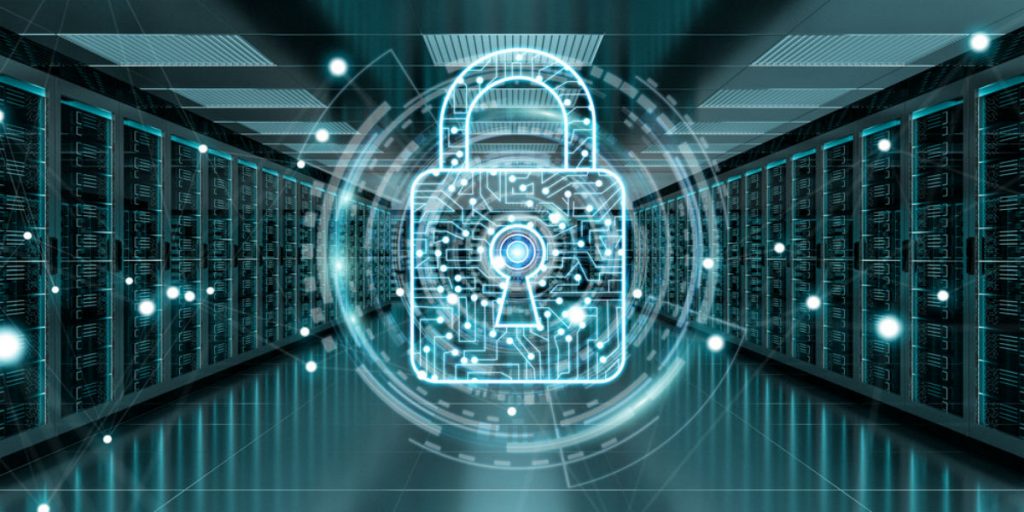Protecting Your Server: 3 Essential Measures to Prevent Hacks
In today’s digital age, server security is of utmost importance. A server breach can have devastating consequences for businesses, leading to data loss, compromised customer information, and damage to reputation. To safeguard your server from potential hacks, implementing effective security measures is crucial. Here are three essential ways to fortify your server’s defenses and keep hackers at bay.
Invest in a Dedicated Server in a Secure Facility:
One of the most effective steps to prevent server hacks is to opt for a dedicated server hosted in a secure facility. Shared hosting environments can introduce vulnerabilities due to the shared resources and potentially less stringent security measures. With a dedicated server, your resources are exclusive, minimizing the risk of breaches caused by other users. Electric Kitten offers dedicated server hosting in Los Angeles, ensuring your server is housed in a state-of-the-art facility equipped with robust security protocols, including surveillance, access controls, and redundant systems. Choosing a dedicated server in a secure facility provides a solid foundation for protecting your valuable data.
Keep Your Software and Applications Up-to-Date:
Outdated software and applications are common entry points for hackers. They exploit vulnerabilities in older versions to gain unauthorized access to servers. Regularly updating your server’s operating system, control panels, content management systems, and other applications is crucial. These updates often include security patches that address known vulnerabilities. Electric Kitten’s dedicated hosting in Los Angeles provides automated updates and proactive monitoring, ensuring your server stays up-to-date with the latest security patches and enhancements.
Implement Strong Passwords and Multifactor Authentication:
Weak passwords are an open invitation for hackers. Ensure that you use complex and unique passwords for your server and associated accounts. Avoid common phrases or easily guessable information. Additionally, enable multifactor authentication (MFA) whenever possible. MFA adds an extra layer of security by requiring users to provide additional verification, such as a unique code sent to their mobile device, in addition to their password. This significantly reduces the risk of unauthorized access, even if a password is compromised.
By following these three essential measures, you can significantly enhance the security of your server and minimize the risk of being hacked.

